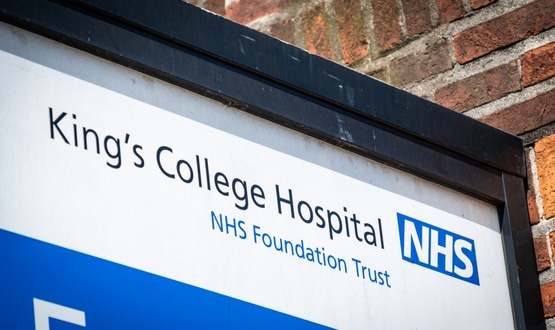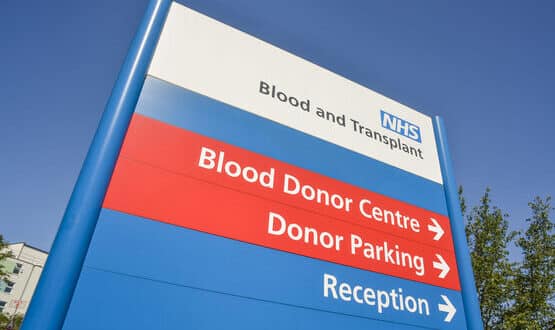King’s College Hospital to use AI for diagnostics and treatment plans
- 28 October 2021

King’s College Hospital NHS Foundation Trust has started using artificial intelligence (AI) to analyse scans and data to help with diagnostics and treatment plans for stroke patients.
The use of AI algorithms will help to speed up diagnosis across clinical services and help clinicians to personalise patient care.
Anonymised patient data will be processed by the AI Centre’s AIDE (AI Deployment Engine) technology to help build up a profile of the different types of strokes experienced by patients and what treatment is best for each specific case. AIDE is able to create a single interface for the deployment of many different AI tools, directly to NHS frontline services.
Professor Seb Ourselin, AI Centre deputy director, said: “This is a critical milestone into our journey to enable safe and robust deployment of AI innovations into the clinic. This could only be achieved through a strong partnership between the academic and industry sectors with the NHS. We are looking forward to scale-up our platform across our 10 NHS Trust partners and beyond.”
The AI Centre was launched in 2019 as part of the UK Government’s Industrial Strategy Challenge Fund. It is led by King’s College Hospital, King’s College London and Guy’s and St Thomas’ NHS Foundation Trust.
James Teo, professor of neurology at King’s College Hospital, added: “I am delighted to be the first user of the AI Centre’s AIDE solution. At King’s, we will be sharing the capabilities of artificial intelligence with colleagues across London to improve the lives of our patients. AI will hugely support our work and help us personalise care and treatment for patients through providing richer information about the individuals and their illness.”
The AI-powered stroke tool delivers finer details to help support decision-making over treatments and is expected to reduce the time taken to use AI models and directly increase the delivery of early interventions and treatment.
Haris Shuaib, head of clinical scientific computing and consultant physicist at Guy’s and St Thomas’ NHS Foundation Trust, explained: “AIDE is a clinical system that supports the deployment of multiple AI models into a hospital and integrates them with existing clinical workflow. This lowers the cost and effort to deliver cutting-edge med tech to the frontline, to improve patient outcomes and healthcare operations.”
The trust intends to roll out AIDE to other clinical areas at King’s College over time. AIDE is another AI tool developed by the King’s College Hospital team. Earlier this month it developed a computer-based algorithm named DRUML (Drug Ranking Using Machine Learning) to prescribe the best treatment for liver cancer.




